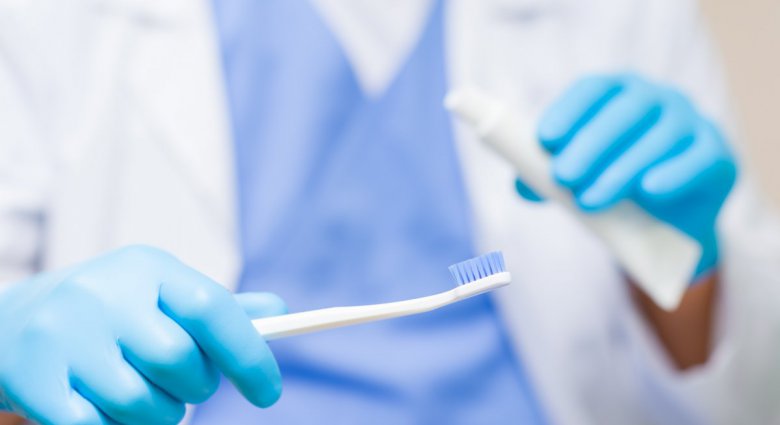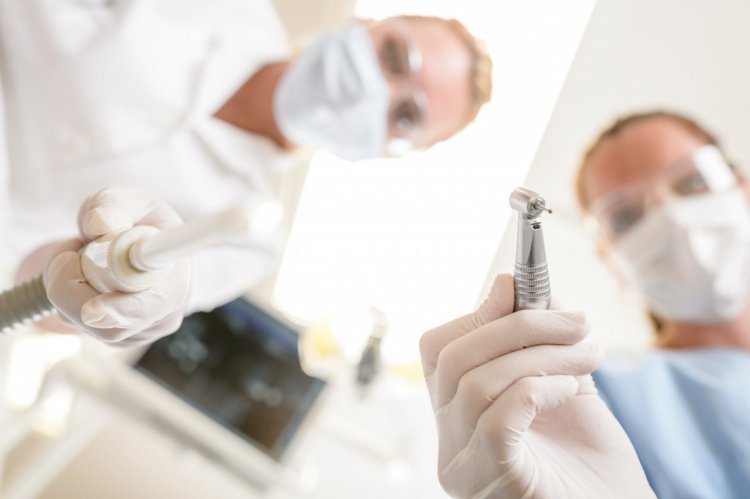
Discover the consequences of poor oral hygiene
Up to several hundred species of bacteria may be present in our oral cavity, and each of them is able to cause lesions that affect both the teeth and gums. The vast majority of adult Poles struggle with such problems and although we are reluctant to accept it, we are very often responsible for it ourselves, as it turns out that we are not able to take care of proper oral hygiene.
Incompetent tooth brushing is a common phenomenon. It usually contributes to the fact that teeth look less and less attractive, however, at some point you should expect that it will also contribute to much more serious ailments.
Dental plaque
The first signal that we do not care about our teeth as we should about the formation of dental plaque. This lightweight and colourless coating should be removed as thoroughly as possible during brushing. If we do not do this, it will increase and can lead to serious problems such as gingivitis. These, if untreated, leads first to loosening of teeth and then to their loss.
Tartar
If dental plaque is not eliminated in time, the next stage turns out to be the formation of tartar. Unfortunately, even the best toothpaste and toothbrush will not help here, and only the hygienist or dentist can be responsible for removing tartar. Stone usually appears not only on, but also under the gum line, and the more of it, the stronger is the impression that the gums are irritated. Tartar is also an aesthetic problem. It is visible on the surface of teeth in the form of discoloration.

Caries
The carious defects that almost every Pole is currently struggling with are a consequence of the action of bacteria that we deal with on dental plaque. These produce acids, while acids contribute to the fact that the enamel is systematically destroyed. Losses usually occur in the recesses on the chewing surfaces of molars, although they are often also found near the gum line. Dental diseases are not the only problem related to poor oral hygiene.
Gum disease
Not less dangerous are also those diseases that affect the gums of subsequent patients. Gum inflammation is caused by toxins created by bacteria. These not only have an irritating effect on the gums, but are also able to cause an inflammatory reaction, which leads to gingivitis. The first sign that there is something wrong with the gums is their bleeding. If gum inflammation is not treated, it can lead to periodontal inflammation, better known as periodontitis. This time we are dealing with a serious infection that destroys soft tissues and the alveolar bone. In extreme cases periodontitis can even lead to the loss of teeth.
How do hypersensitive teeth react?
Hypersensitivity of teeth can also be a consequence of poor oral hygiene. Cervicals should be shielded by gums, but when the latter retreat, the phenomenon of cervical exposure becomes unavoidable. In such necks there are channels, and each of them has its own nerve endings. It is not difficult to guess that all stimuli cause an immediate reaction, which we call hypersensitivity. If we want to avoid the problems described above, let's remember that the simplest, and at the same time the most effective way will be to decide to perform dental examinations. Prophylaxis means that we have no new problems, while treatment makes it possible for us to deal with the danger in time.
View

Can hemp seeds be legally grown in Poland?

Start taking care of your hair today. These tips will make it easier than you think!






























